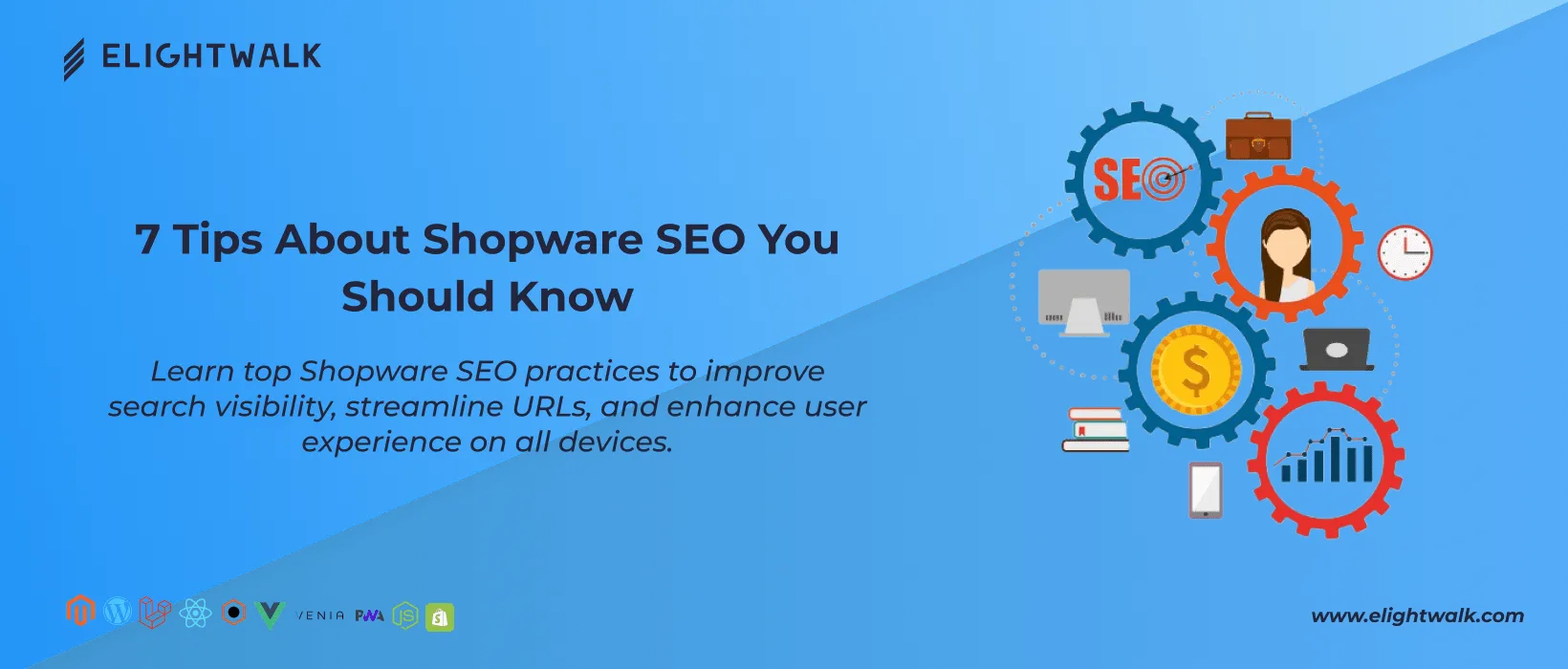Many underestimate Google Image Search as a tool to boost online store traffic. But, it can be a simple, effective way to get more clicks. One strategy to take advantage of this is to use title tags to display similar products in image searches, providing more visibility for your items.
Videos and SEO-Optimized Images
Shopware designers designed the responsive theme to fully optimize images for search engines. This ensures that you configure all images across SEO-relevant templates correctly to enhance your search engine rankings. Proper image optimization can significantly improve your shop’s visibility without requiring a lot of extra effort.
Using the Media Manager Effectively
One simple but highly effective way to boost your Google Image Search presence is by using proper keywords in image file names. For example, name your images after the related product, category, or a few relevant keywords. This can help search engines crawl and index them. Shopware adds image names to the site's source code. This helps search engines find and rank them.
When naming images, Google suggests using hyphens (-) to separate keywords rather than underscores (_), to improve search engine readability. Always use unique file names to avoid confusion and maximize visibility.
Alt Tags and Title Tags for Images
The SEO-relevant "alt" tags are automatically applied to images in standard themes. Be sure to fill in the "Title" field for product images, but don’t overstuff it with keywords. A well-balanced, relevant description works best for Shopware SEO purposes.
If the image is not a background image, the shop's theme will display the alt tag. However, be cautious when using link tags, as they can sometimes overwrite the image's alt tag.
Alternative Title Tags for Item Images
There is debate in the Shopware SEO community about the impact of image title tags on rankings. lets you assign different title tags to your product images using free text fields. This gives you more flexibility to fine-tune your Shopware SEO strategy.
Google's "Similar Items" Feature
Since 2017, Google has offered a "Similar Items" feature in its Image Search results. This feature shows similar products to your search. It only works if you embed the required Schema.org snippet on the product's details page. In ’s responsive theme, this snippet is already implemented, making it easier to take advantage of this feature, especially for mobile users.
By following these simple yet powerful techniques, you can improve your shop's visibility in Google Image Search, making it easier for potential customers to discover your products.



